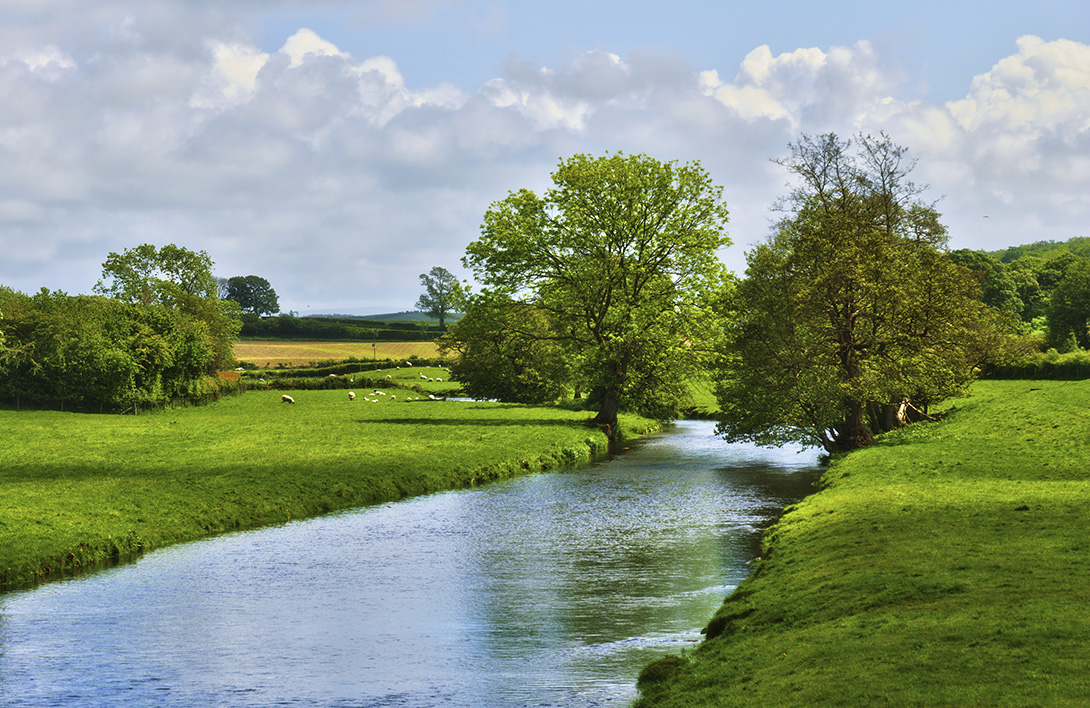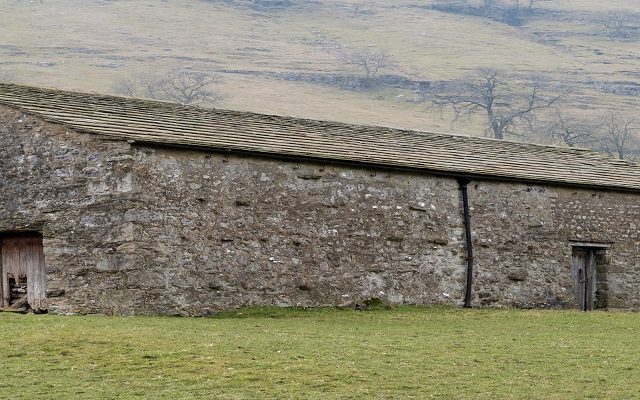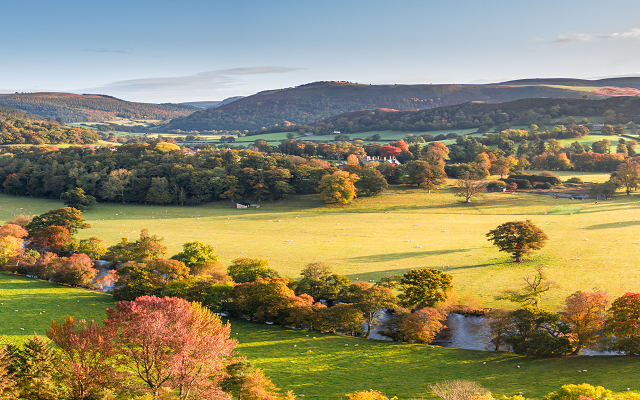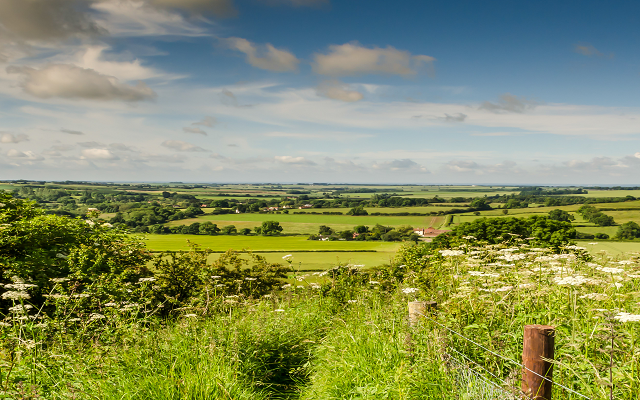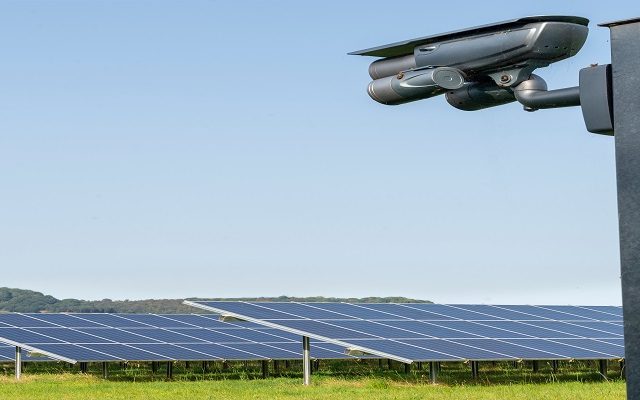Nature’s bounty
The term ‘ecosystem services’ has become more familiar as climate change has risen in importance in the nation’s psyche. Despite this, there is still widespread confusion about what it means and the opportunity it might present to landowners.
Part of the problem is coming up with a simple, practical explanation of what ecosystem services actually are, with many of the existing definitions long and wordy. A very short definition is ‘the many and varied benefits to humans gifted by the natural environment’- or put even more simply: what nature does for us.
This concept is, of course, linked closely with another phrase we’ve become familiar with of late – natural capital, which, again in very simple terms, is all the pieces of the natural environment – including plants, animals, water, trees, peatland and minerals – which have the potential to provide benefits to people.
Both phrases have been propelled up the agenda, as a result of the UK government’s commitment to become net zero in terms of carbon emissions by 2050. It is widely agreed that, without fundamental changes to the way land is used and managed, this commitment cannot be achieved. It will only be by protecting and enhancing natural capital we will be able to achieve this goal.
The flow of benefits – or ecosystem services – which can come from the management of our natural capital is vast. It includes natural pollination of crops, clean air, clean water, extreme weather mitigation and human mental and physical wellbeing through access to green spaces.
The challenge to date has been that most of these ecosystem services do not have a market value, meaning they have been overlooked in decision- making. However, as the concept of incentivising landowners to improve the delivery of these vital ‘public goods’ develops, this should mean opportunities for landowners. They may be sitting on land – especially marginal acres – eminently able to provide ecosystem services which can generate a new income stream.
The new Environmental Land Management System (ELMS) is the most obvious example of the push towards ecosystem services. Through the scheme, landowners will be able to access new revenues from the government for delivering public goods such as clean and plentiful water, thriving plants and wildlife and the ability for people to engage in the beauty and heritage of the countryside.
In terms of emerging markets, it is likely that the private sector will have deeper pockets than the public purse to pay for ecosystem services. At the moment, this market is still in its infancy, with the pioneers being largely water companies paying
farmers to change their land management practices to reduce nitrate pollution. Farmers are invited to take part in a reverse auction which enables them to place a bid for the price they are willing to be paid to take steps such as sowing a cover crop or establishing buffer strips.
Another example is the long-term contracts being offered to landowners to create and manage habitat banks to offset losses caused by housing development. This is a concept which will become more mainstream once Biodiversity Net Gain (BNG) legislation comes into force.
The fundamental question facing landowners now is how best to prepare to be ready to jump on any opportunities as and when they do arise. This is where natural capital accounting can be useful, as a way of measuring, monitoring and valuing an estate’s natural capital assets, presenting the information in a similar way to a set of financial accounts.
The more that landowners understand about the quantity and quality of their natural capital assets, the better placed they will be to make decisions about how best to manage them – for the good of society and to secure outside investment.
This article first appeared in the Spring/Summer 2020 issue of Land Business. For more download the full Land Business Spring/Summer 2020 publication.
